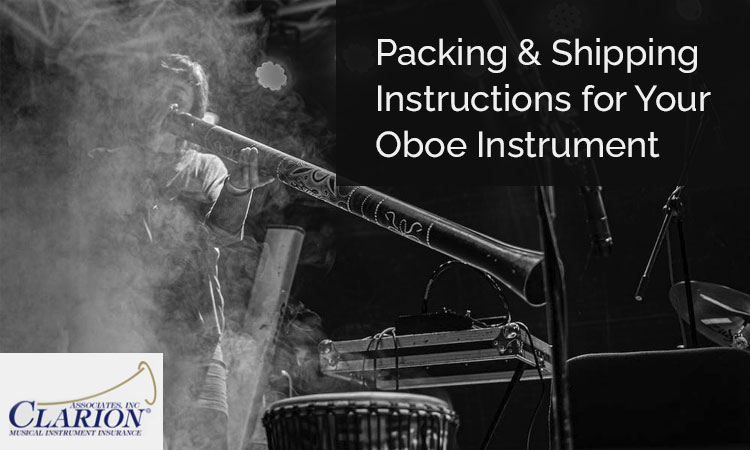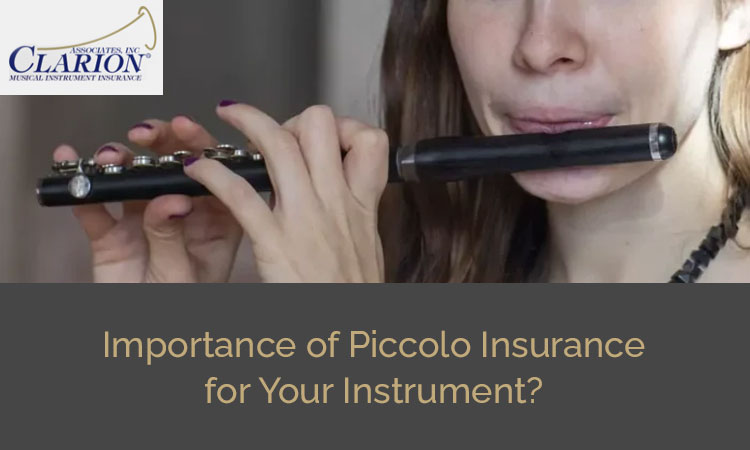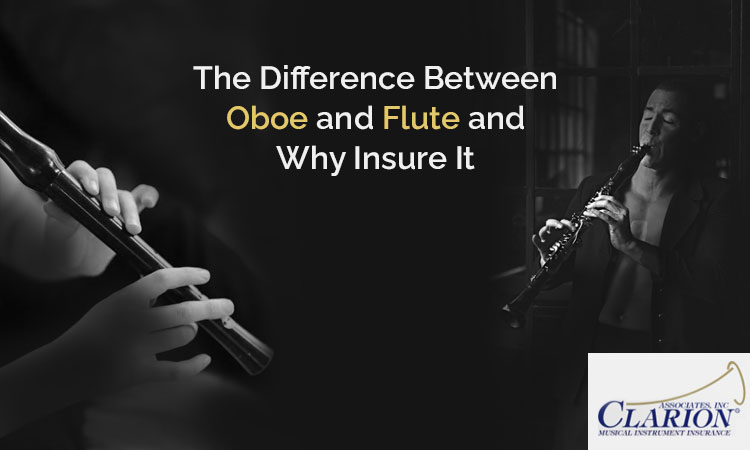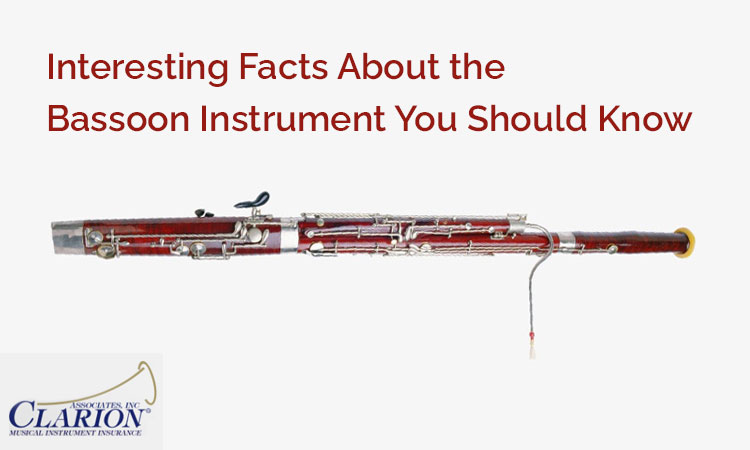Music is not only a recreation for musicians but also a source of their livelihood. They invest a significant amount of money in good quality instruments to get the best outcome for their well-being. Therefore, when they order a piece of equipment from a music dealer for delivery to their doorstep, as the outlet owner, it’s your responsibility to get the music gear shipped following all the necessary safety measures. Abiding by a well-organized shipping process will help you to get the instruments delivered in the condition desired by your clients and enhance the trust and scope for future businesses from the same client.
Whether you operate a small-scale business selling music gadgets or have an enormous setup dealing in musical equipment, you should be extremely careful while shipping valuable and delicate instruments to your clients. As a music dealer, you must be aware that in case of any magnitude of damage during transit resulting due to poor packaging, you will be liable to replace or refund the amount to your clients. In such circumstances, traders rely on Oboe Insurance to get their woodwind insured and be financially secure from any mishap.

Here is a complete guideline on the packaging and shipping of the instrument following the mentioned steps.
• First and foremost, you need to disassemble all the necessary parts of the oboe, wrap them with bubble paper and keep them in the storage place of the case.
• As per the size of the instrument, you need to choose the box where your woodwind can fit easily. Firstly, put the oboe in its original case and wrap it properly with bubble paper. The next step is to place the casing in a carton and get it sealed. Ensure the box should not much bigger than the instrument case. The difficulty in using larger cartons results in the woodwind instrument rattling around in space during transit.
• While packaging any woodwind instrument, ensure there should not be any empty space in the box. If there is any gap, fill it with a bubble wrapper or brown paper to negate the chances of movement within the box and avoid possible damage during transportation.
• Make sure you choose high-quality boxes, tapes, bubble wrap, and other packaging material while shipping a delicate instrument like an oboe.
• Do not miss to paste a sticker that denotes the shipment contains delicate and fragile equipment. Also include a note stating the name, phone number, and other necessary details of persons or, businesses involved in the consignment.
• Choosing the shipping provider holds paramount importance. A conventional way of shipping might be a risky affair. Therefore, it is better to avail the expertise of specialized shipping providers for your delicate equipment. Though it may cost a few extra pennies still for safety still cost a few extra pennies to choose the shipping provider wisely and put your delicate oboe in good hands.
Best Ways to Choose the Perfect Shipping Provider for Your Woodwind
• Before finalizing the shipping company, detailed research can pay huge dividends in finding the best available rates in the market.
• Online research will help you to get a brief about the quality of the services offered by the company through testimonials of existing clients.
• Before dispatching the consignment, be informed about the delivery schedule and the charges involved. Don’t forget to take the tracking number from the company.
How Does Oboe Insurance Protect You from Damage in Transit?
Shipment of highly valued musical instruments is itself risky. You will be held responsible by the consignee on receipt of commodities damaged during transit. In such a scenario, you will be liable to replace the equipment or pay for damages caused during transportation. Shipping companies also offer insurance for the shipment however, it is a costly option. The best way to safeguard your woodwind instruments is to opt for a specialized Oboe Insurance coverage plan and get protected financially. It plays a significant role in providing coverage against any damages that may occur during transit and cover you from suffering a financial disaster.









